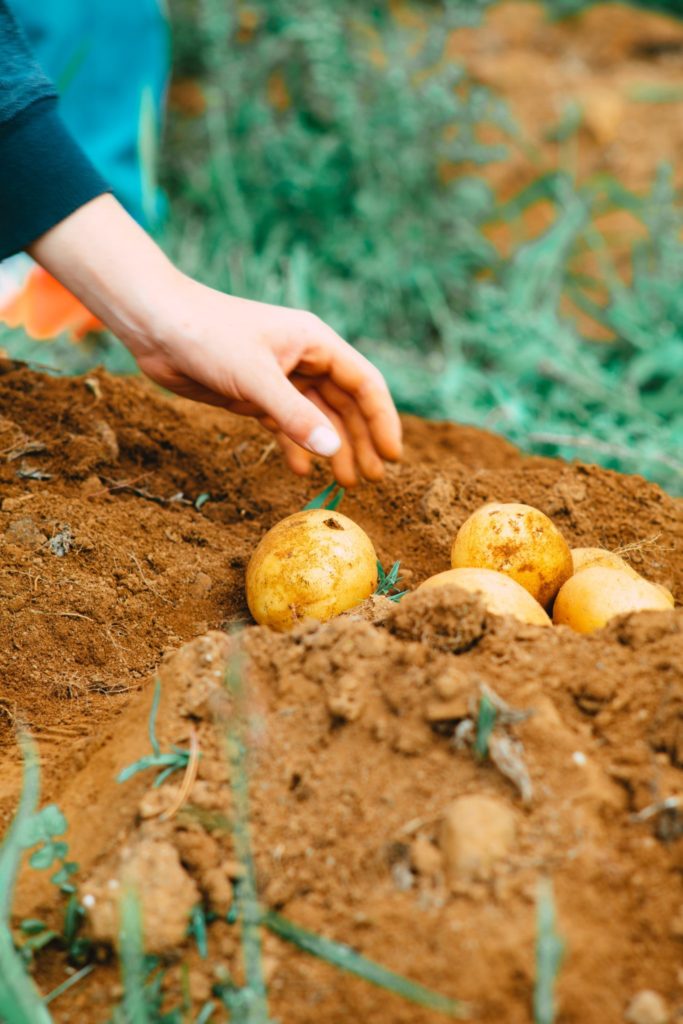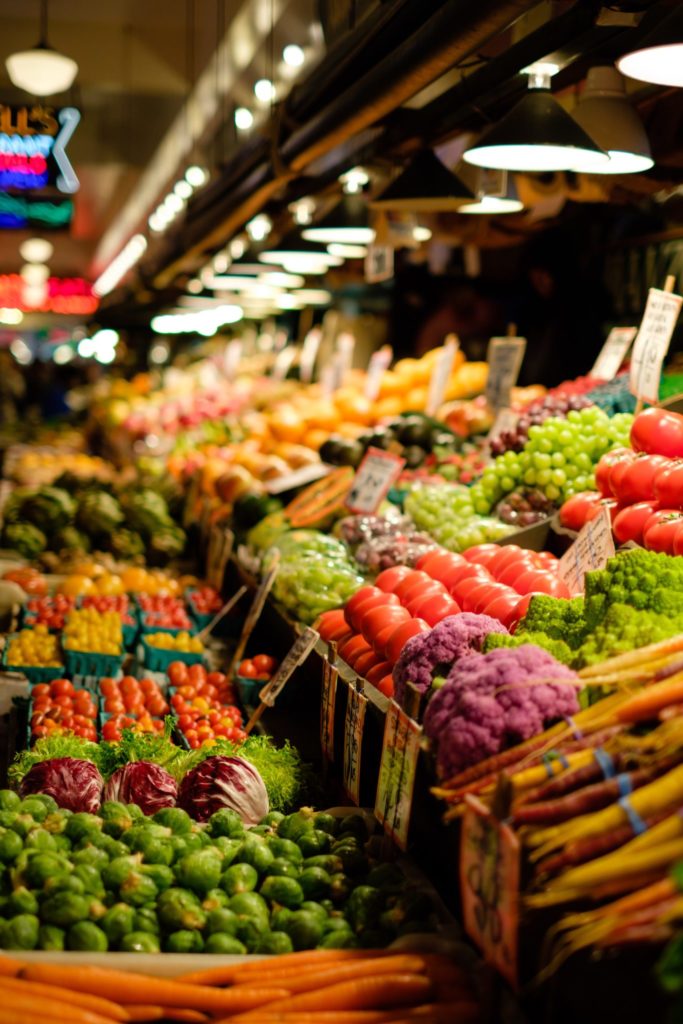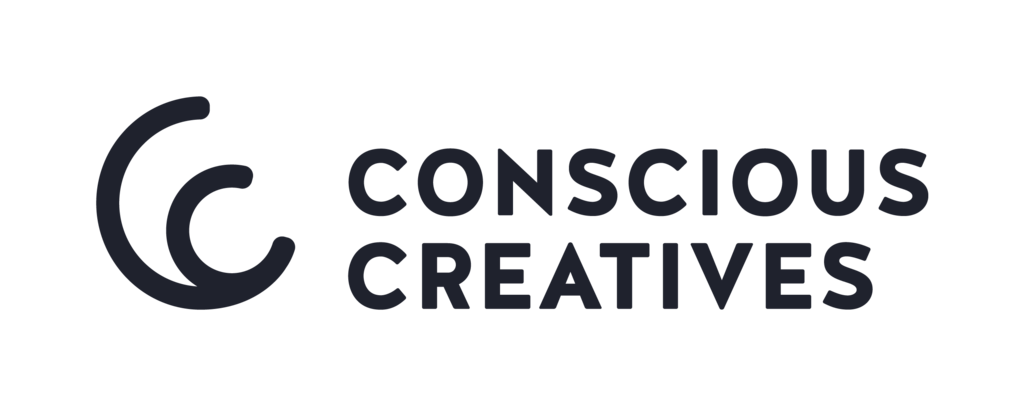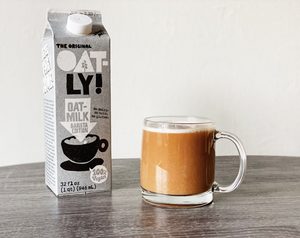On the website for the SDG’s, it states that this SDG calls for:
“Zero stunted children under the age of two
100% access to adequate food all year round
All food systems are sustainable
100% increase in smallholder productivity and income
Zero loss or waste of food”
You can see that there are many different parts to SDG 2 ‘Zero Hunger’, and different areas that businesses can address in their mission to be more sustainable.
This blog focuses in particular on how businesses can address food waste. Being more mindful with food waste and taking action to reduce waste is a great way to not only be more sustainable, but also work towards Zero Hunger.

Understanding the problem
According to the European Commission, the UK currently produces an estimated 14 million tonnes of food waste each year.
But it is not just the UK. In Europe, the amount of food currently wasted could feed 200 million people.
Not only could this wasted food have gone to people in need, and help to end hunger, but food waste is also bad for the environment.
As stated by Forbes, ‘when we waste food, we’re not just wasting food.’ Forbes goes on to share that, according to a report by the Natural Resources Defence Council, food waste also wastes ‘nearly a quarter of our water supply in the form of uneaten food or over $172 billion in wasted water … Growing food that goes to waste ends up using up 21% of our freshwater, 19% of our fertilizer, 18% of our cropland, and 21% of our landfill volume.’
Food waste is a problem for the planet and its people, but it is also something that everyone, a business and its employees, can all work towards.

How could businesses support ‘Zero Hunger’?
- How do you manage your inventory?
- How can you empower people without food?
- What can you do reduce the waste that you create?
These are all important things to think about if you want to work towards SDG 2.
An example is the Felix Project. This project aims to reduce waste by collecting fresh and nutritious food that cannot be sold. This surplus food is then delivered to those who need it most, such as charities and schools. In this way, they can provide healthy meals and help the vulnerable.
Other examples are not throwing out surplus food from food shops. Instead, provide it for vulnerable people who need it most when it is still in a good condition to be eaten.
For hospitality, on the last day of food being used before being wasted they could be packed away to also go to people in need. Not just this, but making sure to try and only purchase what is needed.
This can be encouraged among the team. If you have a smaller business and want to be more sustainable, while also reducing food waste, it can be a good idea to promote and encourage a low waste lifestyle. Any surplus food purchased, such as from an offer, could go to food banks. It is also good that, as part of the low waste living in the workplace, that team members are encouraged to only buy what they need and share what they don’t. Being able to share any leftover food is also easier if they are being paid the national living wage.

Learn More
In our next blog we will be focusing on Goal 3: Health and Wellbeing, and discussing in more depth what this Goal means and what we can do to take action.
If you would like to read more about the Sustainable Development Goals then you can do so here. If you would like to speak to Mark for more information about what sustainability can do for your business, and how you can integrate your chosen SDGs into your business, then you can contact him here.



